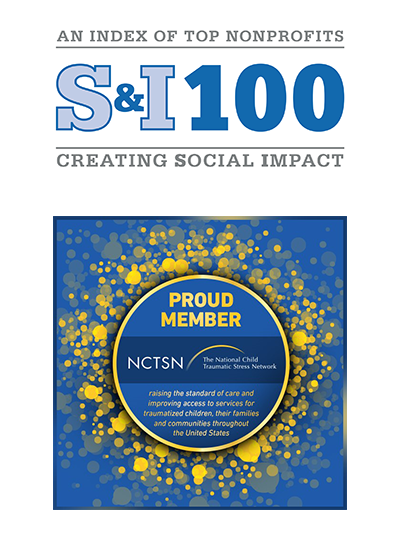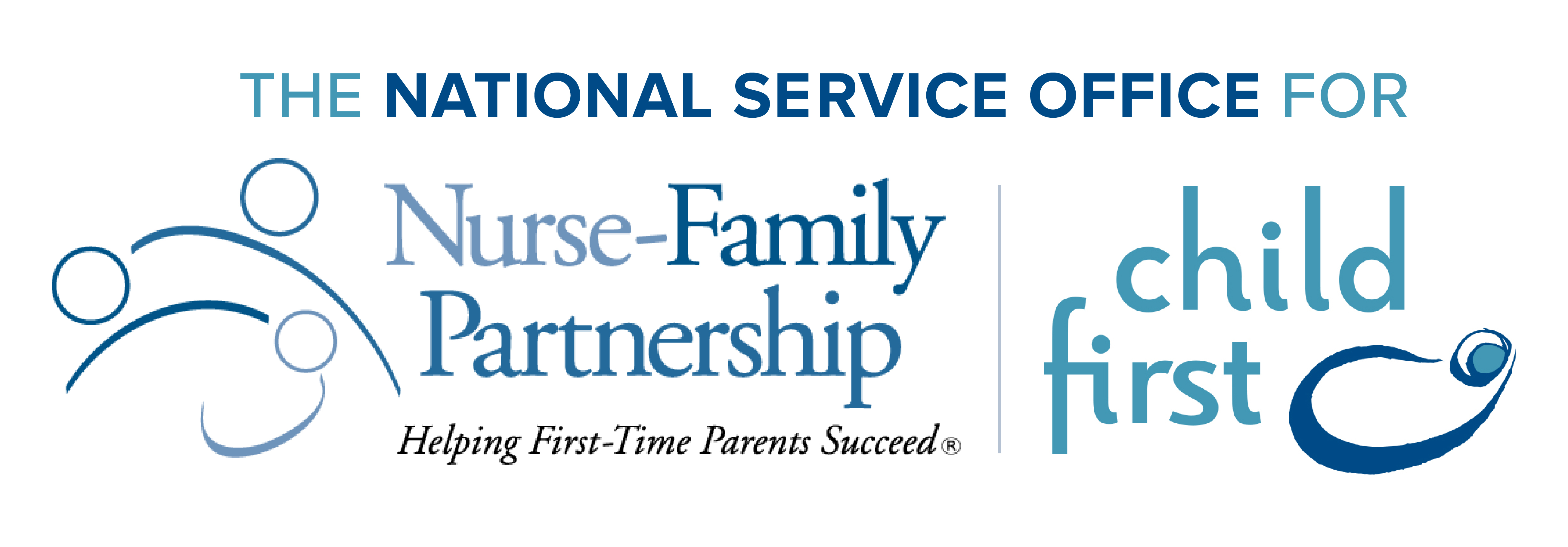What is Executive Functioning?
Executive functioning is the ability to accomplish intentional, goal directed activity, with conscious control over one’s thoughts, actions, and emotions. These are neurobiologically-based skills involving mental control and self-regulation. Executive functions direct mental activity and cognitive skills the same way a conductor leads an orchestra or the air traffic controller guides planes in and out of the airport. When fully formed, executive functioning helps adults accomplish their goals. They are able to understand the nature of a problem from different perspectives, keep multiple facts in mind simultaneously, plan and prioritize steps to a solution, focus attention and stay on task, self-regulate and control strong emotions, tolerate frustration, monitor their progress, and adapt and change course in order to accomplish their goals. The three primary dimensions of executive functioning work very closely together. They are:
- Working memory
- Inhibitory control or self-regulation
- Cognitive or mental flexibility
For children, executive functioning skills are critical for the development of both cognitive and social skills. They enable a child to sit still, pay attention, resist distractions, exert self-control, remember rules, adapt to the different rules of different environments, and follow directions. These skills predict diverse outcomes, such as school achievement, income, criminal convictions, mental health, and substance abuse.
For adults, executive functioning skills are essential for regulating strong emotions, focusing, planning, organizing, evaluating, and multi-tasking, all necessary for quality parenting, managing a home, and success in the workforce.
The Development of Executive Functioning
Individuals are born with the capacity to develop executive functioning skills, which reside in the prefrontal cortex of the brain. They first begin to develop at about 6 months of age and continue throughout young adulthood, to about age 30. Growth is greatly accelerated from about age three to five years.
The prefrontal cortex, however, is extremely sensitive to the rise in cortisol and other steroids and proteins which result from trauma and adversity. This means, that children who are living with “toxic stress,” in environments with multiple challenges, like extreme poverty, abuse, neglect, domestic violence, maternal depression, substance abuse, and homelessness, are at extremely high risk for damage to this part of the brain, with impairment of capacity to develop executive functioning skills. Furthermore, executive functioning skills are learned through interactions with or scaffolding by the parent or caregiver. When a parent has difficulty with emotional regulation and poor executive functioning skills due to her own experience of trauma, she has great difficulty helping her child develop these essential abilities.
Enhancing Executive Functioning in Both the Child and the Caregiver
Child First works to build the executive functioning of both children and those adults who care for them.
For the parents or caregivers, executive functioning skills are built in two major ways.
- Child First Clinicians work with our parents to help them to stand back and reflect on the motivations, thoughts, and feelings that underlie their own behavior and that of their children. The supportive and therapeutic relationship that they build with the parent/caregiver helps that parent to learn to self-regulate, to cope with strong emotions without becoming overwhelmed or disorganized. This is fundamental to being able to exercise executive functioning capacity.
- Child First Care Coordinators are responsible for helping parents access the services and supports that are important to them and their children. This needs to be a process in which parents are thinking about the outcomes that they want and prioritizing based on their importance. They then need to make a plan for accomplishing their goals, itemizing the steps and how they will accomplish them. This includes thinking about possible barriers along the way, and how they might revise their plan. They also need to step back and evaluate whether they have accomplished their goals or need to change direction. This is not an easy process. Our Care Coordinators are there to coach and mentor our caregivers, while at the same time, understanding and reflecting on the psychological barriers which might stand in their way. With the scaffolding by the Care Coordinator (much like that of the good parent), we can help parents or caregivers internalize this process and build their executive functioning skills. This sense of agency empowers our caregivers and teaches critical skills that enables them scaffold these skills for their children and to be effective workers.
For children, executive functioning is learned in the context of the caregiver-child relationship. When the caregiver is self-regulated, she is able to understand what to expect of a child of a given developmental age, and focus her attention on the child. She, then, is able to scaffold a given task, allowing the child to act independently with appropriate support and guidance. With increasing practice, the child is gradually able to make more independent decisions, at increasing levels of difficulty. Furthermore, the presence of a thoughtful, planful, and reflective adult who is important to the child, provides an extremely important model of how to focus, think, and organize activities for the young child.
As Child First helps the caregiver build her relationship with her child, reflect on his/her growing independence and curiosity, increase her executive functioning capacity, and understand the developmental skills of her young child, the caregiver is in an excellent position to foster executive functioning skills in her child.







